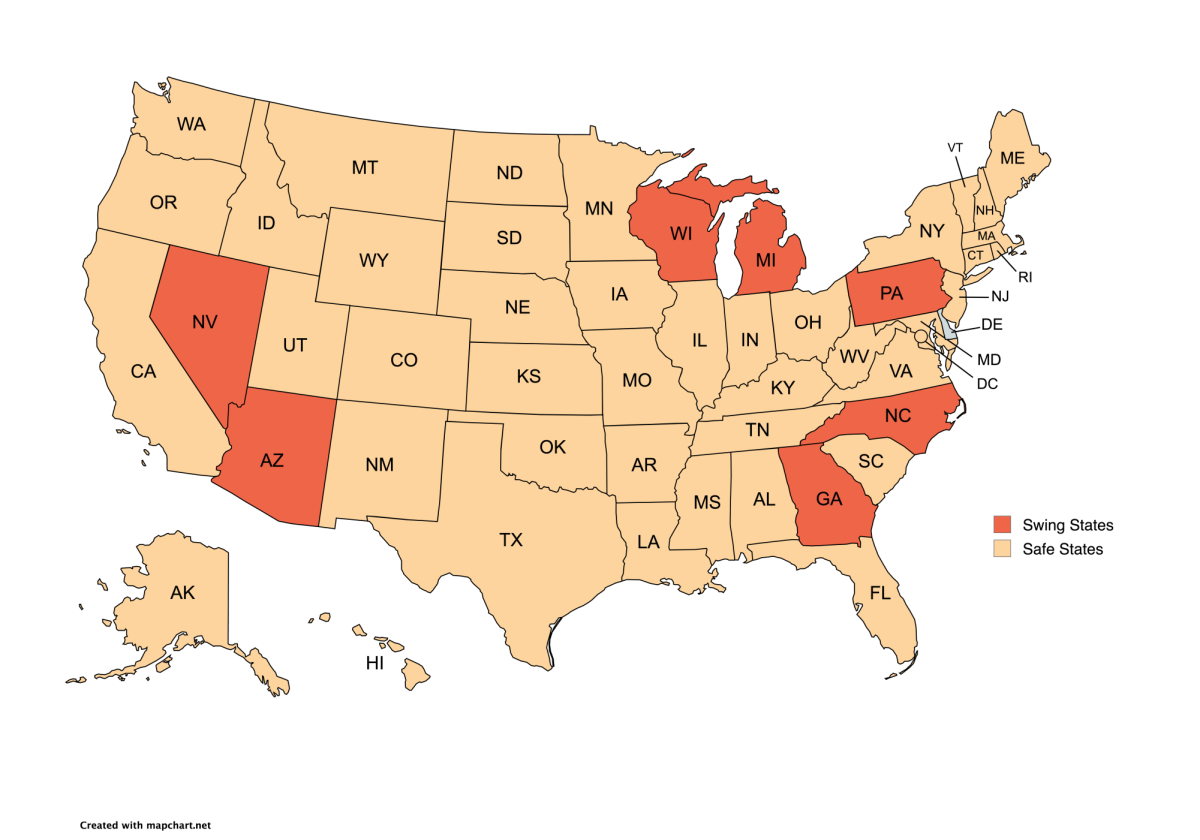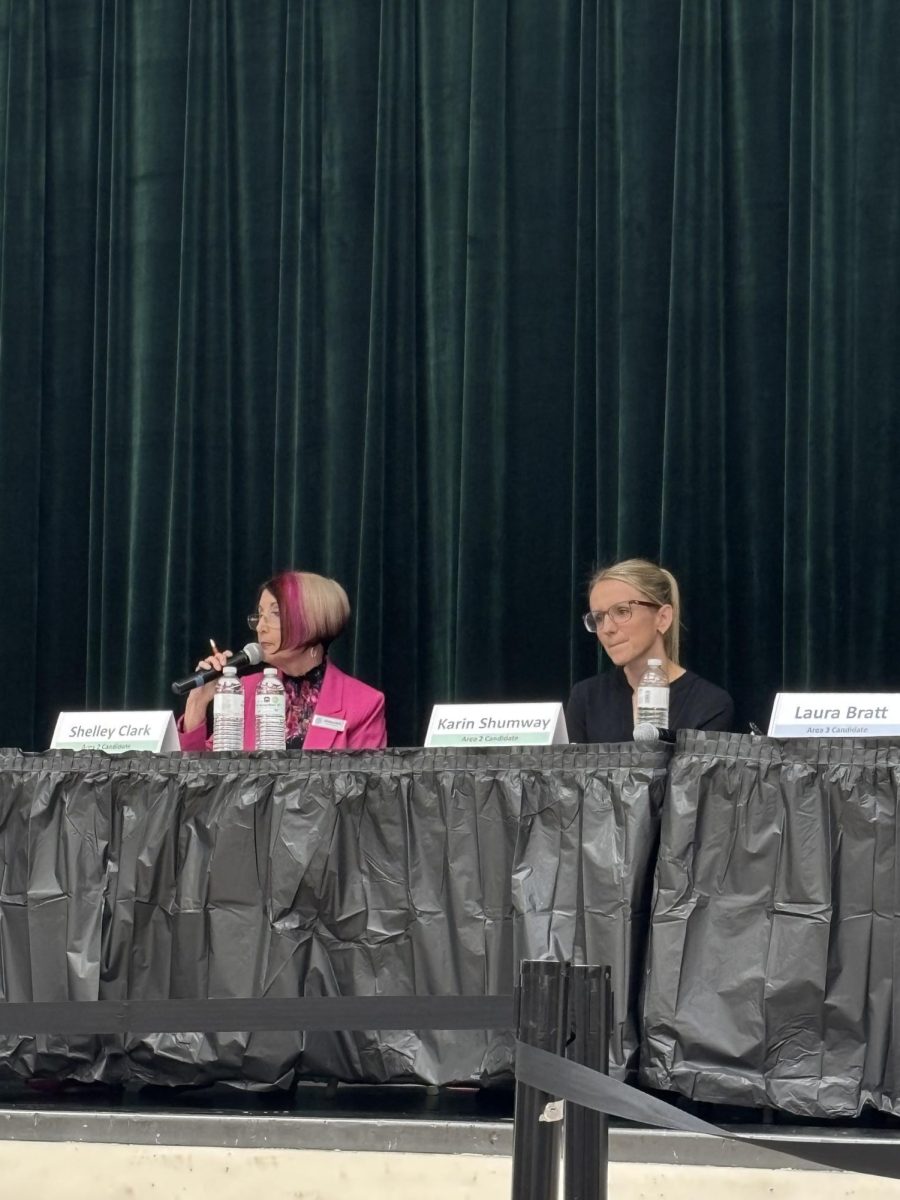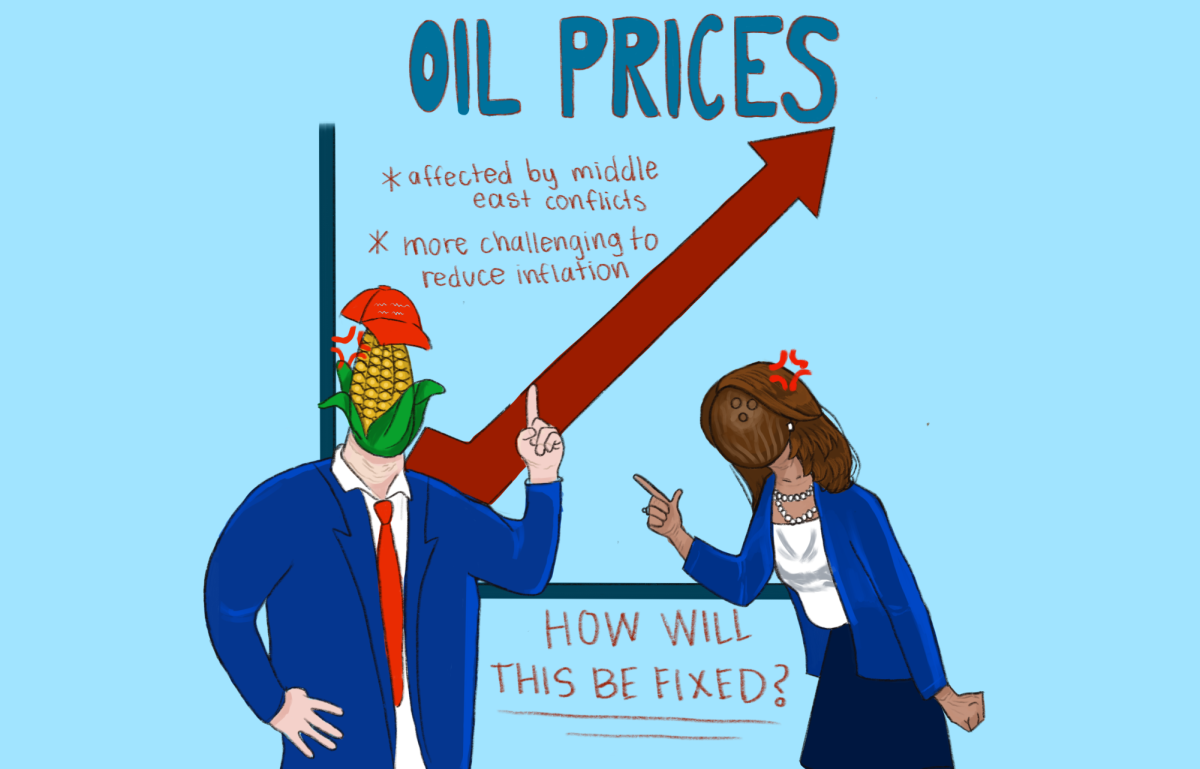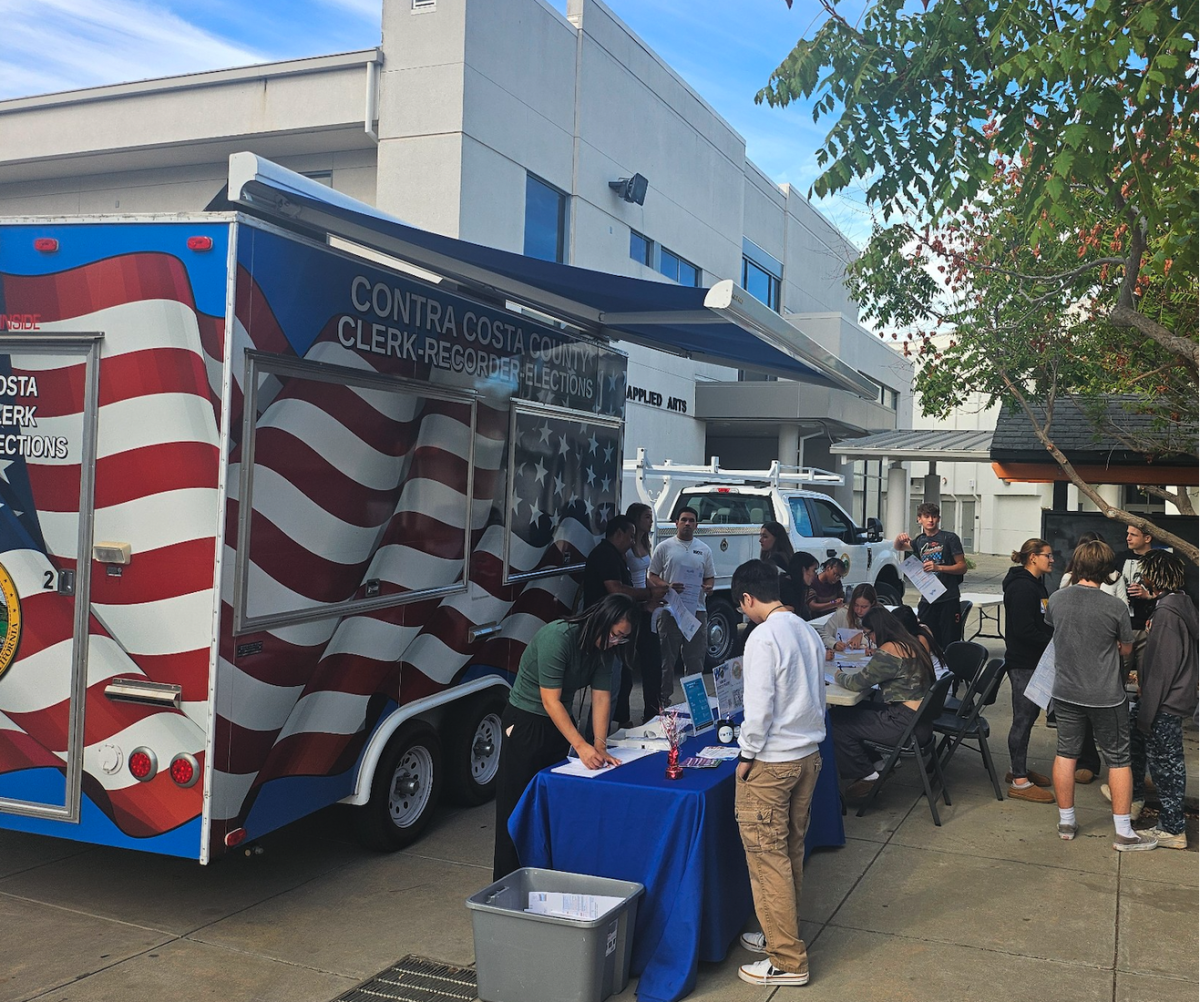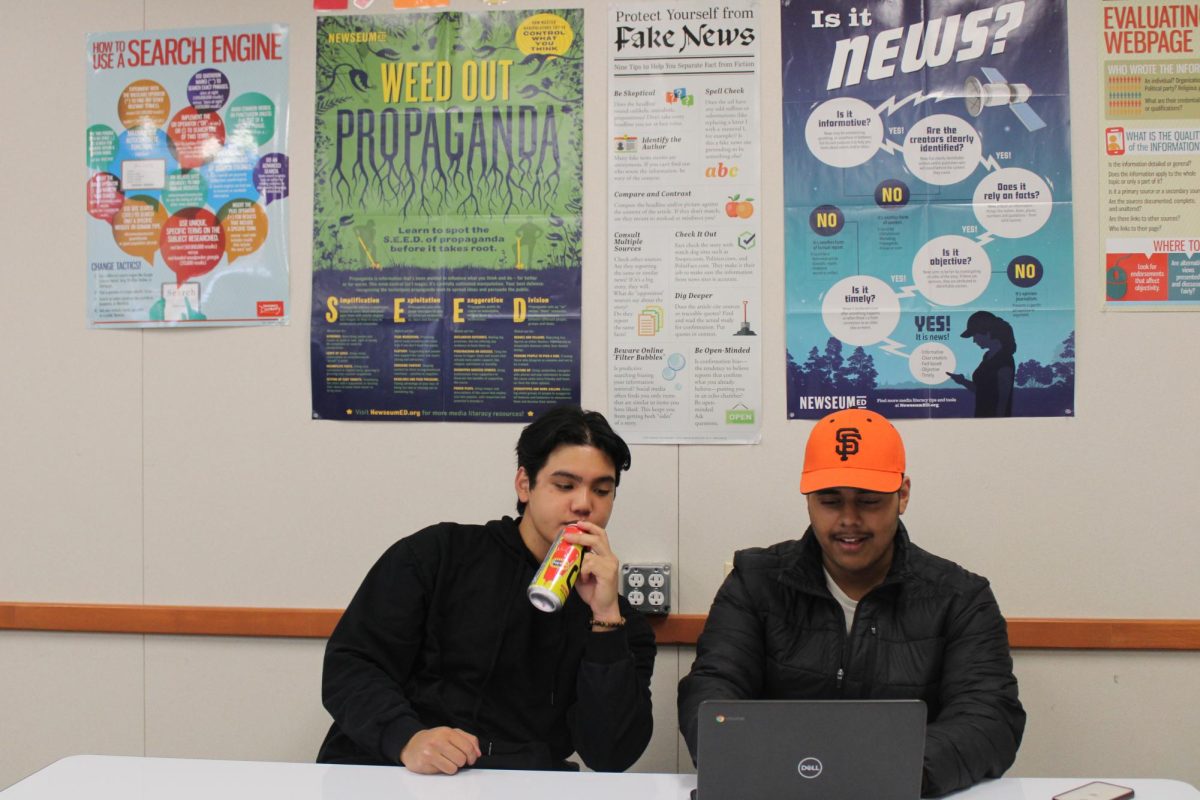With the 2024 presidential election upon us, it is clear that Generation Z – those born from 1997 to 2012 –will play a significant role.
With almost 41 million Gen Z eligible voters, both major political parties are working hard to win over this diverse group.
Both campaigns intensified efforts to mobilize this crucial voting group. With tight races expected in key swing states, Gen Z’s participation could be the deciding factor in who wins.
Cultural anthropologist and lawyer Roberta Katz describes Gen Z as a highly collaborative cohort deeply engaged in political issues and social change. She said this generation is not only aware of systemic problems but also motivated to address them through various means, including voting and activism.
For instance, organizations like Gen Z for Change leverage social media to drive progressive change, focusing on issues such as climate action and reproductive justice. Additionally, initiatives like the Youth Climate Save movement, led by young activists such as Genesis Butler, emphasize the environmental impact of animal agriculture and advocate for policy changes.
The diversity of Gen Z is perhaps the generation’s most defining characteristic. Nearly half of the Gen Z electorate in 2024 consists of young people of color, with even higher diversity among the 8.3 million newly eligible voters.
This demographic shift is particularly pronounced in swing states in the South and West, where Asian, Black and Latino youth make up a large share of new voters.
Both major campaigns adjusted their strategies to engage this crucial voting group. Recognizing that a lot of young voters get their political information from social media, candidates increased their presence on platforms like TikTok. High-profile endorsements are also being used to persuade young voters, as shown by pop star Taylor Swift’s endorsement of Vice President Kamala Harris and influencers and boxing brother’s Jake and Logan Paul public support of former President Donald Trump.
Gen Z’s difference from previous generations is not just its numbers and diversity, but their priorities. Economic concerns top the list for many young voters, who are struggling with rising living costs and mounting debt.
About 73% of Gen Z report that the economic environment has made it more challenging to save and pay down debt, with many feeling significant financial stress due to inflation and high housing costs, according to Bank of America figures.
Recognizing this, Harris has emphasized the need for an “opportunity economy” and hinted at the possibility of continuing student loan debt forgiveness programs, such as the Public Service Loan Forgiveness (PSLF) program.
Additionally, climate change is a key concern for Gen Z voters, who have seen its urgent impacts firsthand. As the first generation to grow up with constant exposure to climate change issues through social media and news, Gen Z is very aware of the environmental challenges they will inherit.
This generation feels a sense of responsibility and urgency to address these issues, as shown by their willingness to change jobs or pay more for sustainable products due to climate concerns. They demand specific, actionable plans from candidates, including concrete proposals for reducing emissions and transitioning to renewable energy, because they recognize that they will be the ones dealing with the long-term effects of current environmental policies.
Social justice issues, especially racial equality and LGBTQ+ rights, are vital to Gen Z’s political engagement as well. As the most diverse generation in U.S. history, many Gen Zers view systemic racism as a public health crisis and advocate for policy changes in healthcare, criminal justice, and economic opportunities.
LGBTQ+ rights are crucial, with more than one in five Gen Zers identifying as LGBTQ+. They want protection against discrimination, and support same-sex marriage and inclusive policies.
Their support for racial equality is shown in their overwhelming support for movements like Black Lives Matter, which was supported by 90% of Gen Zers, according to Business Insider. This generation has been at the forefront of activism, as demonstrated by organizations like Gen Z for Change.
Additionally, Gen Z prioritizes racial equity as a top human and civil rights concern, significantly higher than other generations. The Black Lives Matter Global Network Foundation, which has strong support among Gen Z, shows its dedication to addressing systemic racism and police brutality against Black individuals.
Gen Z is increasingly recognized as a force in American politics. According to a recent PBS NewsHour article, this generation is not only engaged in current issues but is also expected to shape the future of political discourse and policy decisions. Their commitment to social justice, climate action, and equality indicates that their influence will extend well beyond the 2024 election.
Gen Z influences election
Anvi Kataria, Opinions Editor
November 5, 2024
More to Discover
About the Contributor

Anvi Kataria, Opinions Editor
Senior, Anvi Kataria is both Opinion and Podcast Editor for this school year. This is her third year on the Californian staff and is looking forward to fangirling over Ylin Zhu, the best Editor-in-chief ever, and making the best out of the year. In Kataria’s free time, she likes to play soccer, eat, and call her friends to yap. However, her favorite thing to do is to go out to Chipotle with her co-editor Nidhi Sudheendra.
